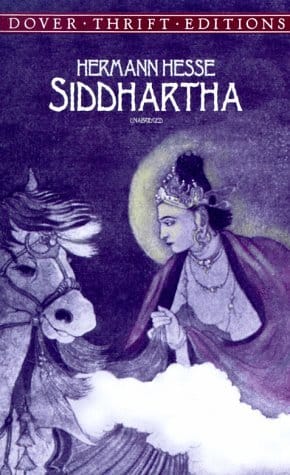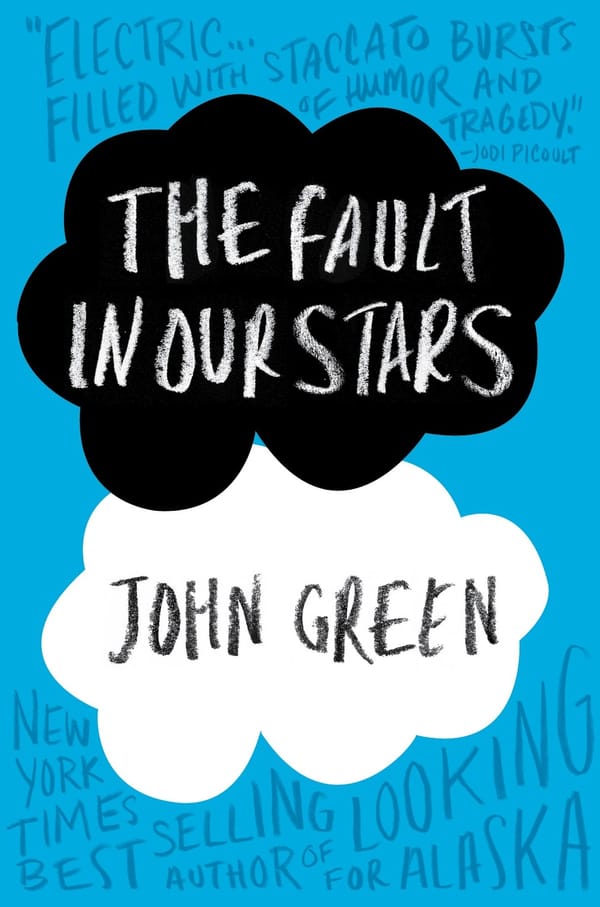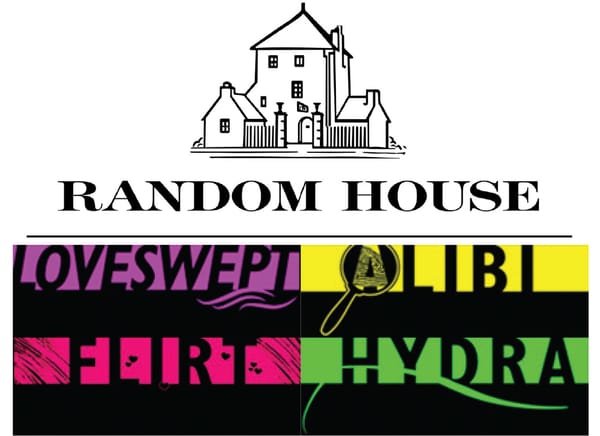Herman Hesse’s Siddhartha
Life affirming, if a bit pretentious.

Coming in at 114 pages long, Siddhartha is by far the easiest book to read by a Nobel Prize winning author. The guy I borrowed my copy off managed to read the whole thing in a particularly slow flight back from Jordan. I had only vaguely heard of either the book or the author before having the paper-back thrust into my hands, but it bore the trusted sign of being a “Penguin Modern Classic,” with its tasteful but artsy cover; so I figured I’d give it a go.
Intensely spiritual throughout, Siddhartha tells the story of the eponymous character on his journey from being an irritating stuck-up brat to being a sage andwise old man in India at the time of the Buddha. The son of a Brahmin, Siddhartha feels that as a teen he has already learnt all that the Brahmins of his town can teach him, and with his long suffering buddy Govinda in tow; sets out to discover the world by hanging out with various spiritual groups. He gets bored of them, decides to trade it all in for a life of luxury, realises that such a life has corrupted him, and then finds peace living a simple life as an old man.
Befitting of a book about a pretentious, irritating kid; the narrative style can at times be dense and overly poetic. The characters refer to themselves in the third person with an alarming frequency and the florid otherworldly dialogue was a source of occasionally intense frustration.
Upon overcoming the initial annoyance of the writing style, the effect of it is to set the reader up as a dispassionate observer; I found myself going along with Siddhartha in his journey but not becoming overly involved in each scenario individually. As a result the overall feeling one takes away from the book is that it is a lesson being taught to you, as opposed to the reader learning themselves directly from the shared experience between the protagonists and the reader. The downside of this is that moments that are extremely emotional for Siddhartha feel passive and detached – there is a passage in the final third where, as an old man, he experiences deep loss and abandonment, yet when reading it I felt disturbingly little. The overall result of this is in keeping with the main aim of the book – once Siddhartha recovers, we learn how these events have affected his view on the world, and helped him come closer to achieving Nirvana; which is all fair and good, but I still prefer my novels to have a bit more emotional bite.
This isn’t saying that Siddhartha isn’t the classic that the well-qualified editors at Penguin seem to think it is. Despite lacking grit and realism that makes you feel ‘there’ and in the story, the combination of emotional distance from the story teller and the ridiculously poetic, but ultimately beautiful language instead give the reader the experience of looking at a great work of art, whilst the meaning of the painting is explained to you by a friendly expert.
And what meaning: perhaps the greatest success of this book is that its message is how to live a simple life and find happiness and reward in your own existence. If a short book is hard to read and ultimately has an unpleasant story (Conrad’s Heart of Darkness springs immediately to mind) then by the end of it the reader is left wondering why they bothered. Siddhartha, for all its petty annoyances, leaves the reader feeling that their life has been affirmed, and in awe of the skill of the author for getting so much content crammed into such a short book.
If you have a long flight soon, or want a pocket sized paperback to carry with you on commutes, you can’t go far wrong with Siddhartha.








